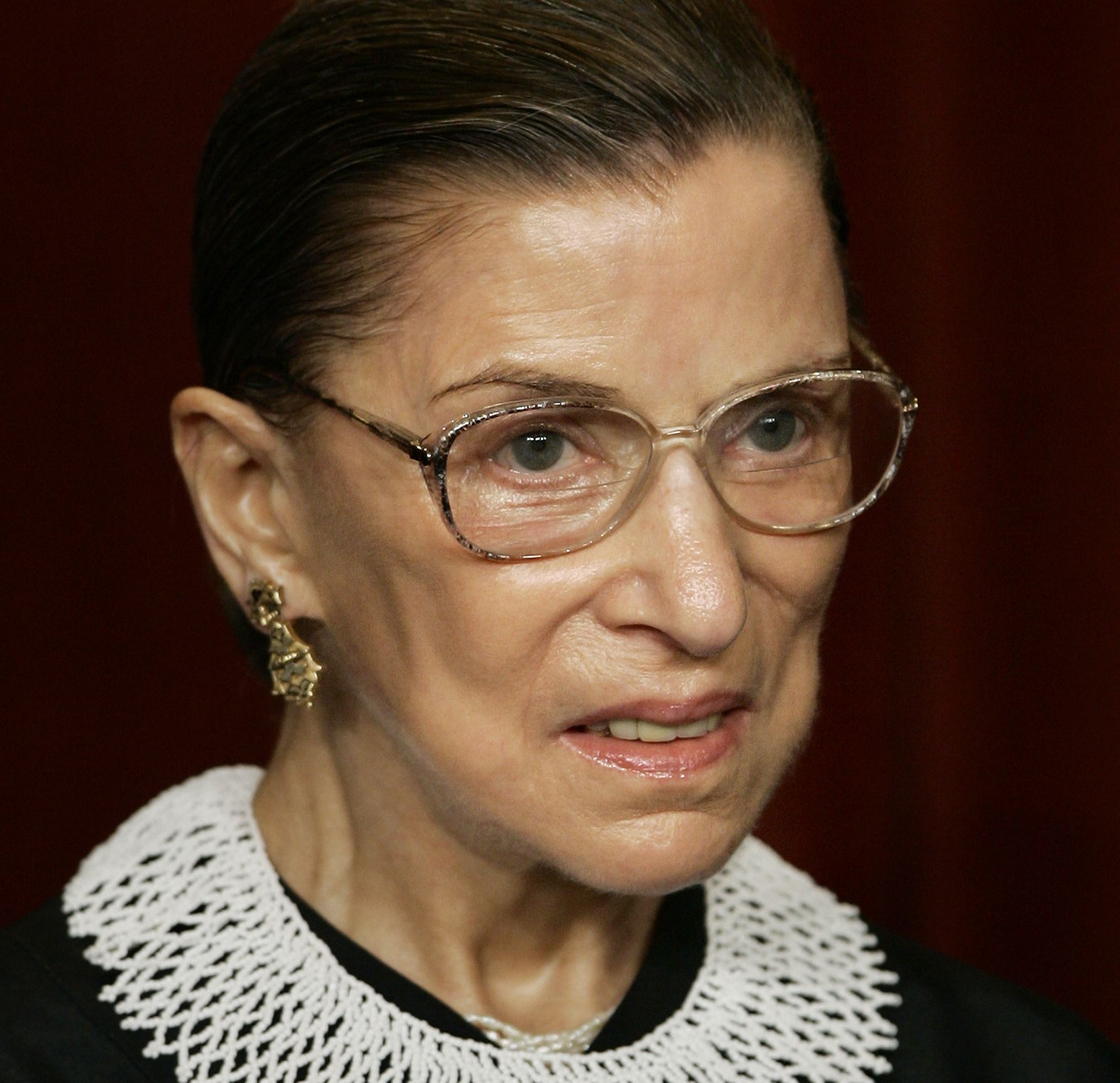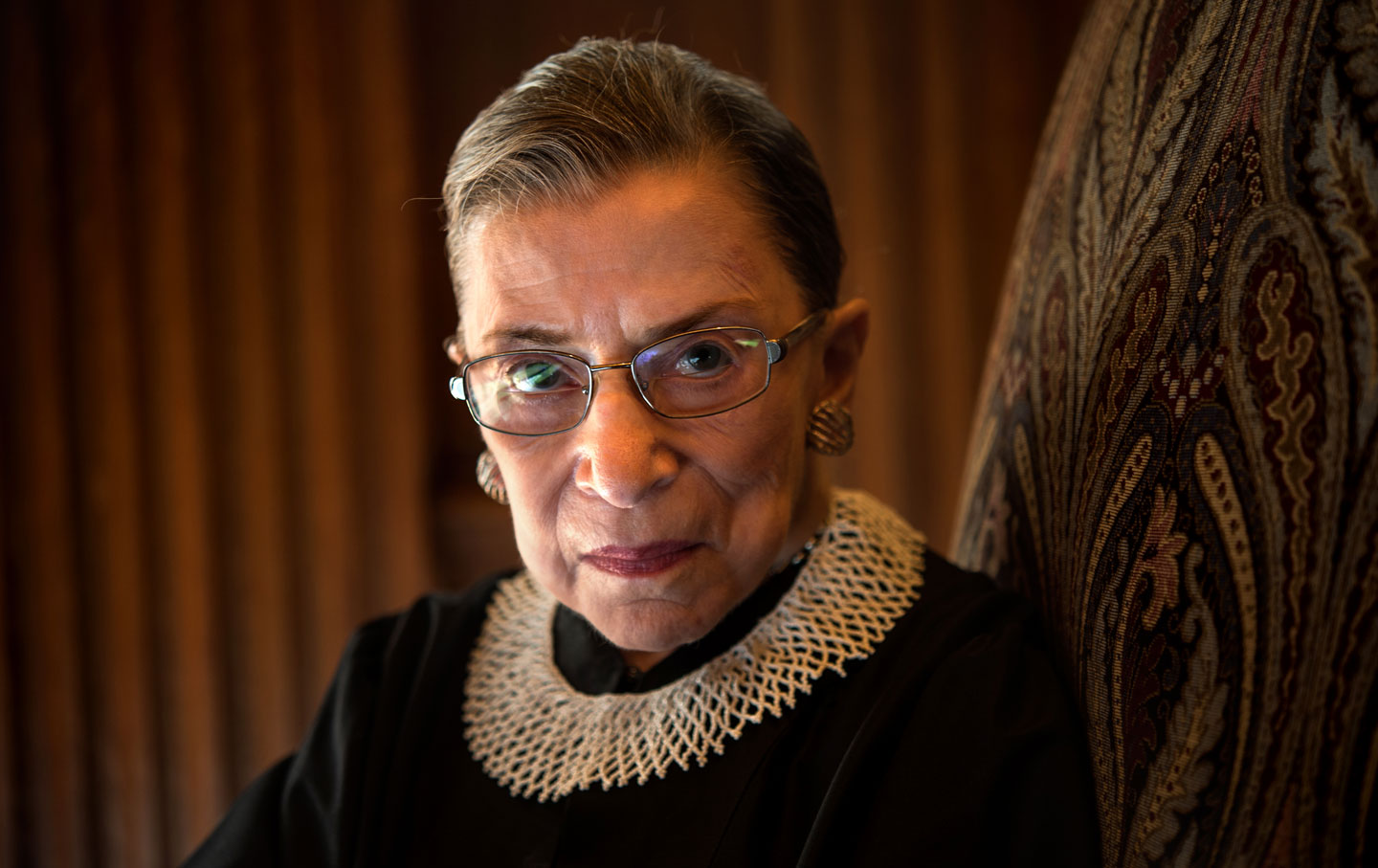
While at Columbia, she authored the first law school case book on sex discrimination.

During her time at Rutgers, she co-founded the Women's Rights Law Reporter. While Ginsburg was working on the Project on International Procedure at Columbia Law, she learned Swedish to coauthor a book on judicial procedure in Sweden.
1959-1961: Law clerk, Edmund Palmieri, Southern District of New York. 1961-1962: Research associate, Project on International Procedure, Columbia Law School. 1962-1963: Associate director, Project on International Procedure, Columbia Law School. 1972-1980: Professor, Columbia University School of Law. 1973-1974: Consultant, United States Commission on Civil Rights. 1971-1973: Director and co-founder, Women's Rights Project. 1971-1980: American Civil Liberties Union. 1977-1978: Fellow, Center for Advanced Study in the Behavioral Sciences, Stanford, California. 1980-1993: Judge, United States Court of Appeals for the District of Columbia Circuit. 1993-2020: Associate justice, Supreme Court of the United States. Hobby Lobby on religious objections to mandates. Virginia, where women were given the right to attend the all-male Virginia Military Institute her dissent in the employment discrimination case, Ledbetter v. Ginsburg’s notable opinions included her majority opinion in United States v. She served on that court from 1980 to 1993. In 1980, she was nominated by President Jimmy Carter (D) and confirmed to the United States Court of Appeals for the District of Columbia Circuit. She taught at Rutgers University Law School and Columbia Law School, in addition to directing the Women’s Rights Project of the American Civil Liberties Union. Ginsburg began her legal career in academia. 
She was the second woman to sit on the court and the second of four women to sit on the Court at the time of her death. She assumed office in August 1993 and served on the court until her death on September 18, 2020. Bader Ginsburg was nominated to the Court by President Bill Clinton (D) in June of 1993 to succeed Justice Byron White. Ruth Bader Ginsburg was an associate justice of the Supreme Court of the United States. 6.4 VMI ban on female cadets ruled unconstitutional (1996).

6.3 Female employee's Title VII workplace discrimination claims time-barred (2007). 6.2 Religious Freedom Restoration Act allows employers to deny contraception coverage to employees (2014). 4.2 District of Columbia Court of Appeals (1980-1993). 4.1 Supreme Court of the United States (1993-2020). 4 Judicial nominations and appointments.







 0 kommentar(er)
0 kommentar(er)
